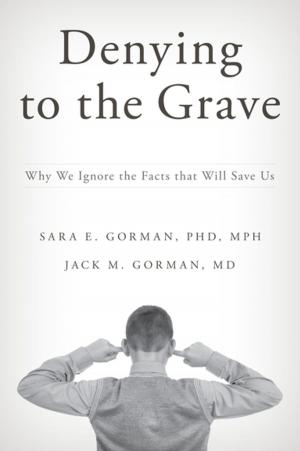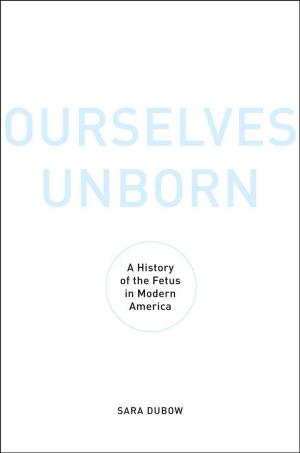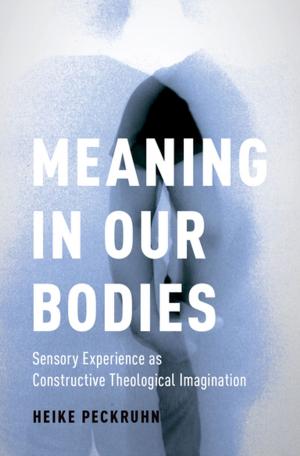Republic in Peril
American Empire and the Liberal Tradition
Nonfiction, Social & Cultural Studies, Political Science, Government, Public Policy, International, International Relations, History| Author: | David C. Hendrickson | ISBN: | 9780190660406 |
| Publisher: | Oxford University Press | Publication: | November 1, 2017 |
| Imprint: | Oxford University Press | Language: | English |
| Author: | David C. Hendrickson |
| ISBN: | 9780190660406 |
| Publisher: | Oxford University Press |
| Publication: | November 1, 2017 |
| Imprint: | Oxford University Press |
| Language: | English |
In Republic in Peril, David C. Hendrickson advances a powerful critique of American policy since the end of the Cold War. America's outsized military spending and global commitments, he shows, undermine rather than uphold international order. They raise rather than reduce the danger of war, imperiling both American security and domestic liberty. An alternative path lies in a new internationalism in tune with the United Nations Charter and the philosophy of republican liberty embraced by America's founders. The sum of the conventional view-touted by the national security establishment and embraced by Hillary Clinton and George W. Bush-is that it is impossible to have a liberal world order unless America has hostile relations with Russia, China, and Iran, together with a shifting cast of lesser states. Donald Trump, iconoclastic is so many ways, promises to bring the militarization of U.S. foreign policy to an entirely new level. But it is precisely those who would lead us into battle with "hostile states" who threaten a liberal world order, because they look to a competition that is to be settled through dominance rather than reciprocity. Formed by ideology, greatly fortified by special interests, the U.S. posture has put it into standing collision with other great powers. The flaws of the U.S.-led world order-a chronic overreliance on force, habitual violations of the rules governing intervention-should not be attributed to liberalism but to a flock of "neo-isms" parading in its name. In searching for a remedy, we must find it by rediscovering, not repudiating, the liberal tradition. Hendrickson offers a panoramic view of America's choices in foreign policy, analyzing the vested interests and ideologies that have justified a sprawling global empire over the last 25 years. Hendrickson recovers the tradition of liberal pluralism, one that sees in nonintervention, the balance of power, and great power concert the formula for a durable peace. Rather than claiming a superior role as judge, jury, and executioner, the United States must share power in accordance with the Golden Rule. It needs restraint rather than braggadocio, acceptance of its role as a nation among the nations rather than arrogant pretensions regarding its exceptional virtue and superior wisdom. Ranging widely, from the classics of American political thought and international theory to the bewildering thicket of hot wars and regional feuds across the globe that embroil America, Hendrickson forcefully shows that the militarization of U.S. foreign policy is deeply at odds with the animating purposes and principles of the American experiment.
In Republic in Peril, David C. Hendrickson advances a powerful critique of American policy since the end of the Cold War. America's outsized military spending and global commitments, he shows, undermine rather than uphold international order. They raise rather than reduce the danger of war, imperiling both American security and domestic liberty. An alternative path lies in a new internationalism in tune with the United Nations Charter and the philosophy of republican liberty embraced by America's founders. The sum of the conventional view-touted by the national security establishment and embraced by Hillary Clinton and George W. Bush-is that it is impossible to have a liberal world order unless America has hostile relations with Russia, China, and Iran, together with a shifting cast of lesser states. Donald Trump, iconoclastic is so many ways, promises to bring the militarization of U.S. foreign policy to an entirely new level. But it is precisely those who would lead us into battle with "hostile states" who threaten a liberal world order, because they look to a competition that is to be settled through dominance rather than reciprocity. Formed by ideology, greatly fortified by special interests, the U.S. posture has put it into standing collision with other great powers. The flaws of the U.S.-led world order-a chronic overreliance on force, habitual violations of the rules governing intervention-should not be attributed to liberalism but to a flock of "neo-isms" parading in its name. In searching for a remedy, we must find it by rediscovering, not repudiating, the liberal tradition. Hendrickson offers a panoramic view of America's choices in foreign policy, analyzing the vested interests and ideologies that have justified a sprawling global empire over the last 25 years. Hendrickson recovers the tradition of liberal pluralism, one that sees in nonintervention, the balance of power, and great power concert the formula for a durable peace. Rather than claiming a superior role as judge, jury, and executioner, the United States must share power in accordance with the Golden Rule. It needs restraint rather than braggadocio, acceptance of its role as a nation among the nations rather than arrogant pretensions regarding its exceptional virtue and superior wisdom. Ranging widely, from the classics of American political thought and international theory to the bewildering thicket of hot wars and regional feuds across the globe that embroil America, Hendrickson forcefully shows that the militarization of U.S. foreign policy is deeply at odds with the animating purposes and principles of the American experiment.















